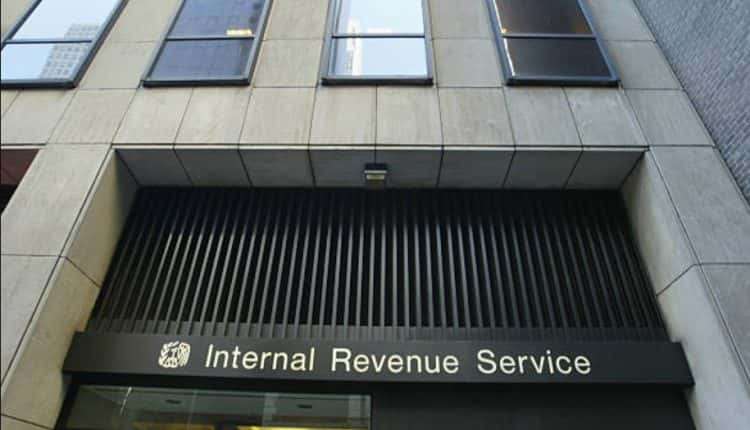
As the global landscape continues to shrink, individuals engaging in international transactions, like John in our example, may unwittingly expose themselves to a web of international information return IRS filing obligations.
The complexities of such obligations, shedding light on potential pitfalls and the various IRS programs available to taxpayers to ensure compliance.
International Information Return Filing: Complex
Consider John, a US citizen who establishes a foreign grantor trust and opens a foreign bank account in the trust’s name.
Seemingly innocuous actions, right? Not quite. John’s activities trigger four distinct information return filing obligations: Form 3520, 3520-A, Form 8938, and FBAR.
Failure to file each on time could result in separate civil penalties. What’s more, these reporting requirements may extend into subsequent tax years, compounding potential penalties for non-compliance.
The scope of international information return reporting rules is extensive, covering a broad range of transactions. From foreign gifts (Form 3520) to ownership of foreign corporations and partnerships (Form 5471 and Form 8865), contributions to and distributions from foreign trusts (Form 3520), to interests in financial assets and foreign accounts (Form 8938 and FBAR), the regulations are comprehensive and nuanced.
Read more: IRS Reveals Higher Retirement Contribution Limits For 2024
IRS Penalties for Late Filing

Late-filing penalties accompany each reporting obligation and can be substantial. However, taxpayers facing such penalties are not without recourse, as the IRS offers various programs to encourage compliance.
Taxpayers demonstrating non-willful conduct, such as an honest mistake or reliance on incorrect advice from a tax professional, may find solace in the IRS’ Streamlined Filing Compliance Procedures (SFCP).
This program allows eligible taxpayers to avoid international information return penalties, substituting them for a more moderate penalty based on the value of undisclosed foreign assets.
Voluntary Disclosure Program (VDP)
For those who willfully failed to file international information returns, the Voluntary Disclosure Program (VDP) offers a path to rectify non-compliance. Under this program, taxpayers submit late information returns, income tax returns, and associated payments to the IRS.
In exchange for mitigation from criminal prosecution, participants must pay a 75% fraud penalty on the highest income tax liability year and potential penalties for undisclosed foreign accounts.
Delinquent International Information Return Submission (DIIRS) and Delinquent FBAR Submission
Apart from SFCP and VDP, the IRS provides options like the Delinquent International Information Return Submission (DIIRS) and Delinquent FBAR Submission procedures.
The former allows taxpayers to file late international information returns with a reasonable cause statement, while the latter addresses late FBAR submissions.
The intricate world of international information return filing obligations demands careful consideration and, when necessary, corrective action.
Taxpayers must navigate the available IRS programs judiciously, aligning their choices with individual circumstances, objectives, and risks.
As the global financial landscape continues to evolve, understanding and complying with international reporting rules become increasingly vital for individuals engaged in cross-border transactions.
Read more: California SNAP Benefits: Up To $1,751 For November, Only Eight Days Left

